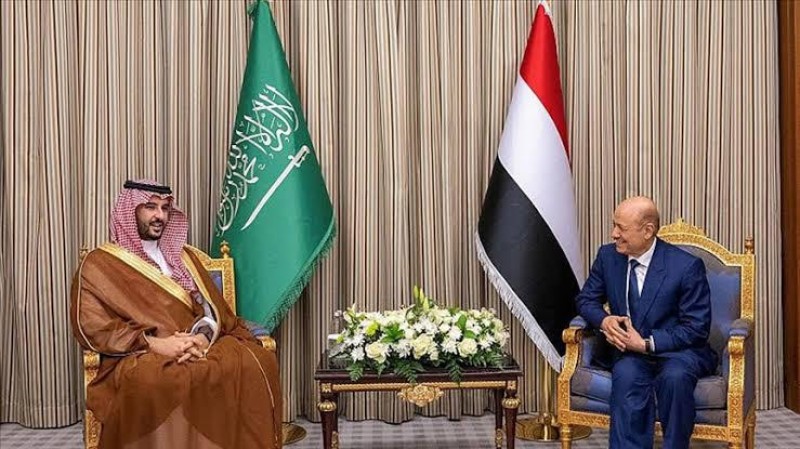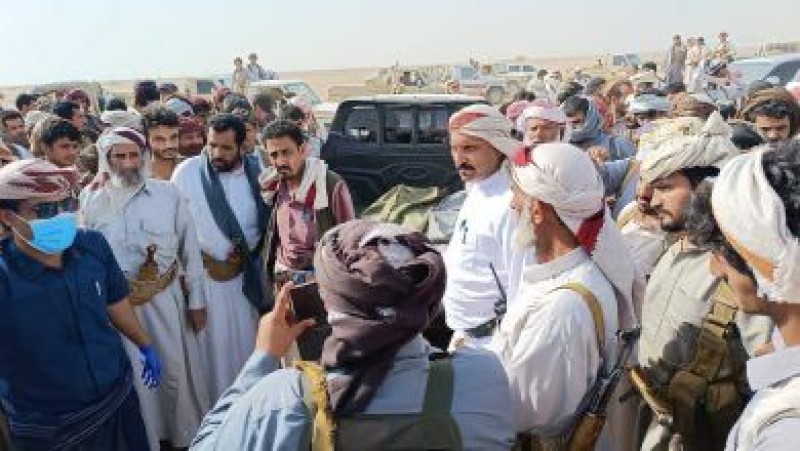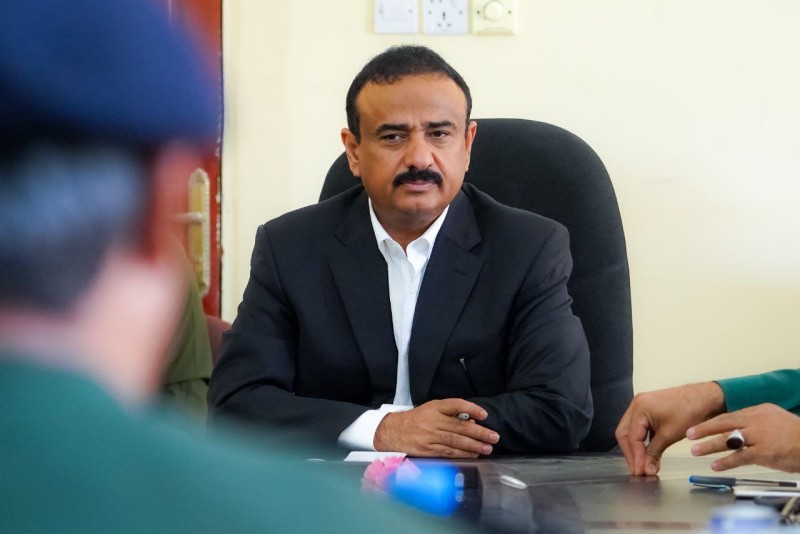UN threatens aid cuts to Houthi-run Yemen amid growing anger on restrictions


Following complaints from the United States and Britain that Houthi militants are obstructing aid operations across northern Yemen, the United Nations is planning to scale back assistance to rebel-held areas there, a UN official said on Tuesday.
Speaking with reporters in New York, UN spokesman Stephane Dujarric said the Iran-backed armed group was making aid work “untenable” in the north and announced plans to “recalibrate” the biggest aid operation on the planet.
“We’ve had in Yemen a number of constraints on our ability to deliver aid, notably in northern Yemen,” Mr Dujarric said. “These restrictions have made our work more difficult, and have made it sometimes untenable.”
The UN would “recalibrate the delivery of aid” if Houthi commanders do not “allow us to work with our basic humanitarian principles” that “aid should be free of any political constraints and it should be impartial and it should be needs-based,” he said.
“If you recall in the past, we have taken some difficult decisions to scale down assistance when the right operating environment was not in place. I don’t think anyone wants us to go back to that situation,” added Mr Dujarric.
On Friday, US Secretary of State Mike Pompeo is set to meet UN Secretary General Antonio Guterres in New York, with Washington pushing the world body to freeze aid deliveries in the face of ongoing Houthi obstructions.
The UN and the US are understood to be in talks about how aggressively to reduce aid convoys into Houthi-held areas without cutting off the most critical supplies that civilians need to keep themselves alive.
Washington and London have grown increasingly vexed as Houthi militiamen use aid to their own advantage, including with a planned 2 per cent tax on humanitarian imports that the rebels walked back last month amid uproar from donors.
As well as the tax, UN aid chief Mark Lowcock says the Houthis tried to impose some 200 regulations on aid teams last year and urged them to sign dodgy documents that would have compromised their independence.
Aid workers struggle to get food, medicine, fuel and other urgently-needed supplies to some 24-million needy Yemenis nationwide amid a crisis the body says is the world’s worst humanitarian situation, but the restrictions in Houthi-held areas are markedly worse than elsewhere, added Mr Lowcock.
Humanitarians have complained about the lack of travel permits and other access limitations across the north. In some cases, stockpiles of thousands of tonnes of food have gone to waste because of delays and Houthi red tape.
The rebels reportedly seize and diverted aid in order to make money and to reward loyal communities as part of a broader effort to gain an edge in a protracted conflict and to exercise control over rebel territory.
Meanwhile, the UN has been trying to tighten monitoring of some $370 million a year that it provides to cover salaries and other costs at Houthi-run ministries in the capital, Sanaa. According to reports, more than a third of last year’s funding was not audited.
Last year, the World Food Program cut back its aid program in Yemen after the Houthis broke a deal to permit the UN agency to launch a scheme to track aid recipients with biometric equipment.
“We’ve intensified our very frank discussions with the de facto [Houthi] authorities conveying the seriousness of the concerns we’re facing and what the impact could be,” Mr Dujarric said at a daily media briefing.
“We've seen some progress because of these discussions, notably the cancellation of the proposed 2 per cent tax, and other bureaucratic procedures that slow down the delivery of aid. This is encouraging. We hope that this trend continues.”
The UN describes Yemen as the world’s worst humanitarian crisis, with two-thirds of its 30 million people needing handouts. Some 12.2 million children need support, including 244,000 youngsters who are severely malnourished.
Yemen has been mired in conflict since the Houthis ousted the government of President Abdrabu Mansur Hadi from Sanaa in late 2014. A Saudi-led Arab coalition has fought to restore Mr Hadi’s UN-recognised government.
Despite signs of optimism from talks between Saudi and Houthis negotiators, fighting still blights much of the country, including a Houthi assault in Jawf province this week that saw the Zaydi Shia rebels seize its capital, Hazm.
The US and Britain, which have both complained of Houthi aid obstructions, donated a combined $1.2 billion to Yemeni operations last year. Along with Saudi Arabia and the UAE, they make up the top donors to the Arab world’s poorest nation.

Riyadh – A senior official in Yemen’s Presidential Leadership Council said that Council President Rashad Al-Alimi is expected to meet e…

Marib – The internationally recognized government of Yemen has recovered the bodies of 20 of its fighters in a tribal-mediated exchange with…

Shabwa – The Governor of Shabwa, Awad Mohammed bin Al-Wazir, has directed the Director General of Police in the governorate to urgently take…